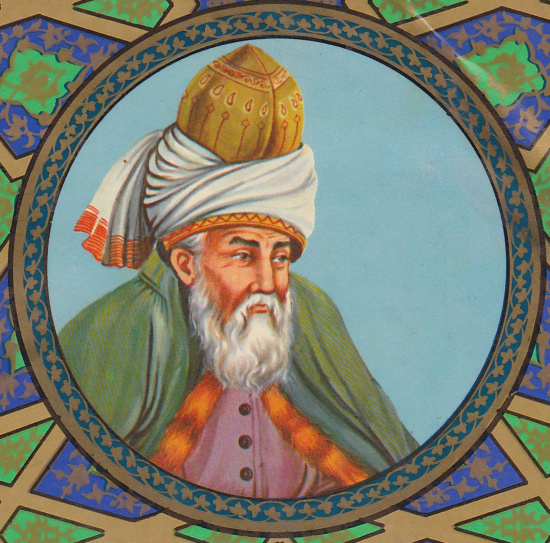I made the mistake of reading newspaper accounts of last Tuesday’s Republican debate, during which it seemed that one candidate after another took the anti-Islamic “tough-tougher-toughest on terrorists” approach. Fear-mongering has always been the lazy politician’s fall-back route, of course – you may be a McCarthyesque blowhard, but if you can make the masses afraid and offer trite one-liners how you’d fix everything if you were in charge, you can come across as an All-American Patriot. In this case, the quick ’n’ dirty solutions came fast and furious – carpet-bombing, killing off terrorists’ families, registering Muslims already in the U.S. while keeping the rest of them out, sending 20,000 troops to Syria, even allusions to a third world war. None of the proposed solutions look very realistic (of course – they’re not supposed to – this is politics!) and most are in contravention of the Geneva Convention.
Stereotyping whole groups goes along with naïve problem-solving – it’s probably built into human brains: our tribe good, other tribe bad. History is full of negative stereotypes, but we sure haven’t learned from it. Jews, of course, have been the bogeymen for centuries – Trump’s call to register Muslims recalls the Nazi approach to dealing with “the Jewish Problem” as a precursor to death camps. Native people in this country have been systematically and officially eliminated, with even Theodore Roosevelt – usually considered one of the country’s more enlightened leaders – subscribing to “the only good Indian is a dead one” obscenity. And (having married into a Southern family) I know you don’t have to go very far in the South today to encounter anti-black racism.
What then, of Islamophobia, the stereotyping of Muslims? Since 9/11, we haven’t experienced much in the way of actual Islamic attacks in the U.S.: 89 people have died in 47 Muslim attacks, including 13 soldiers at Fort Hood, Texas in 2009 and 14 civilians in San Bernardino, Calif. earlier this month. This compares to nearly 250,000 homicides in the nation in the same 14 year period. Somehow that 0.04% of Muslim murders have created a climate of anti-Muslim fear easily exploited by a few dangerous white guys (and one woman) whose ambition it is to be President.
I’m no expert in comparative religion, but I’m quite willing to believe that some passages of the Koran, taken literally, rival in hatred those of the Bible (from the dozens of divinely-ordered mass slaughters in the Old Testament, e.g. “And the Lord said unto him … Slay utterly old and young, both maids, and little children, and women…” in Ezekiel 9; to Jesus’ reminder that he was deadly serious about his evangelizing mission: “Think not that I am come to send peace on earth: I came not to send peace, but a sword.” —Matthew 10:34).
But just as most Christians and Jews take such verses with a grain of salt, most Muslims do not subscribe to the murderous aims of either Al-Qaeda or ISIL.
I don’t usually give anecdotal evidence much credence (including my own) so I offer what follows as, “for what it’s worth.” I’ve spent over two years of my life traveling in either nominally Islamic countries or those with large Muslim populations, including Indonesia, Malaysia, Bangladesh, Pakistan, India, Sri Lanka, Bosnia and Herzegovina, Turkey, Syria, Lebanon, Jordan, Israel, the Palestinian West Bank, Egypt, Iraq, Iran and Afghanistan. In all that time, with hundreds if not thousands of interactions under my belt, I have never been treated with anything but kindness and courtesy by Muslims. Sunni and Shia alike, I’ve found them to be the most gracious people when it comes to welcoming a foreigner not of their faith.
In this respect, I’m reminded of Rumi’s words, which I first heard long ago from a Sufi sheik. Rumi was a 13th century Persian poet Rumi and a Sufi, a Muslim mystic.
Come, come, whoever you are
Wanderer, worshipper, lover of leaving
Ours is not a caravan of despair
Come, even if you have broken your vow a thousand times
Come, yet again, come.
###
Barry Evans gave the best years of his life to civil engineering, and what thanks did he get? In his dotage, he travels, kayaks, meditates and writes for the Journal and the Humboldt Historian. He sucks at 8 Ball. Buy his Field Notes anthologies at any local bookstore. Please.

CLICK TO MANAGE